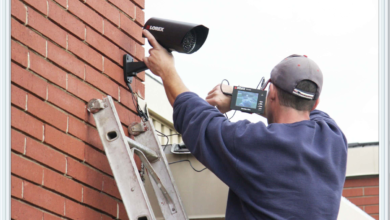
Wannabe novelists are turning to Chat GPT for assistance since they don’t want to invest the time or effort necessary to produce their literary masterpiece.
More than 200 books in Amazon’s self-published area already list Open AI’s AI-powered chatbot as a co-author, according to a number of recent publications. And they’re the only ones that give Chat GPT credit.
the New York City For instance, Brett Shackler recently utilized Chat GPT to assist him in writing The Wise Little Squirrel, a 30-page book that teaches kids about investing and saving money.
According to Shackler, a salesman by day, “the idea of creating a book finally appeared possible.” I believed, “I can accomplish this.”
Although Reuters refers to the images as being “crudely produced,” Shackler utilized text prompts to instruct Chat GPT to produce the text blocks he needed to construct the story. He also used AI-powered text-to-image generators to produce the images.
Shackler published his book on Amazon’s Kindle for $2.99 (e-book) or $9.99 after only a few hours of labor (printed). Unfortunately, it hasn’t yet become a bestseller, having only brought in $100 for the book’s author thus far.
Several instructional videos demonstrating how to use Chat GPT to produce books have already appeared on YouTube due of its seeming simplicity. The Kindle Direct Publishing (KDP) service from Amazon provides all the resources need to get started with virtually no out-of-pocket expenses, making it simple to become published.
It is obvious that AI-powered technology, like Chat GPT and Google’s Bard, will significantly impact a variety of businesses, including the creative ones. The output quality of the chatbot may be questionable when it comes to writing a complex novel, but it will only get better with time, which will worry authors and illustrators who invest a lot of energy into trying to produce valuable works.
At the moment, however, anyone using Chat GPTs to write books must exercise caution because plagiarism can be a problem. This is because Open AI’s chatbot gains knowledge by reading through millions of online pages of material, some of which might end up in the books it is asked to write.
The scenario is already posing problems for well-known members of the industry, as seen by the sharp rise of contributions produced by AI at the science fiction magazine Clarkes world. The number of entries that Clarkes world would typically deem to contain plagiarized material has increased from 10 to 100 per month since the launch of Chat GPT, according to a Guardian report.
According to founding editor Neil Clarke in a blog post, “it’s clear that business as usual won’t be sustainable, and I worry that this path will lead to an increased number of barriers for new and international authors; short fiction needs these people.” He continued, “I don’t have a solution, and it’s not just going to go away on its own.”
For Clarkesworld, the situation has gotten so bad that it halted accepting story submissions on Monday until further notice.
For the time being at least, we can anticipate more AI-generated content to be added to Amazon’s book listings because KDP’s terms of use do not include the usage of such content.











